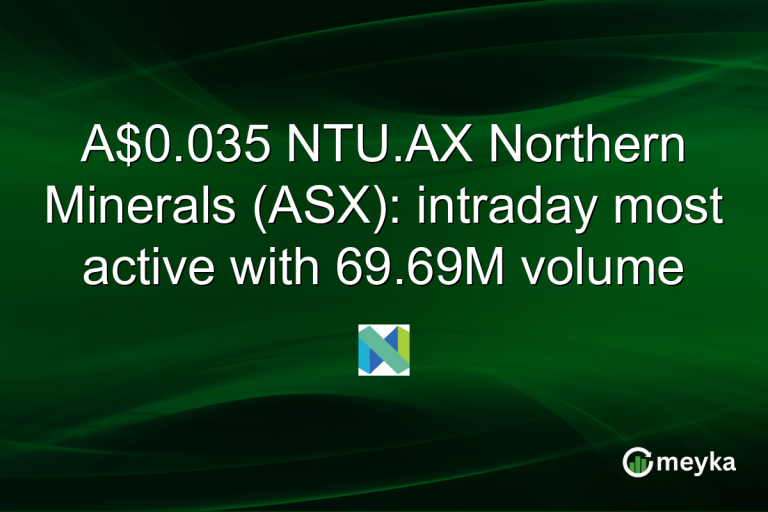Legal Update Today: Indictment in Jonathan Joss Murder Case Highlights
The recent indictment of Sigfredo Ceja Alvarez for the murder of Jonathan Joss, best known for his role in ‘King of the Hill,’ brings fresh attention to this high-profile case. The Jonathan Joss indictment is not just a procedural step; it highlights potential underlying hate crime motivations. This development adds layers to an already complex legal scenario, requiring close attention from the legal community and concerned citizens alike.
Continue Reading on Meyka
This article is available in full on our main platform. Get access to complete analysis, stock insights, and more.
Read Full Article →





